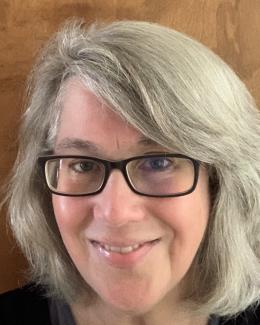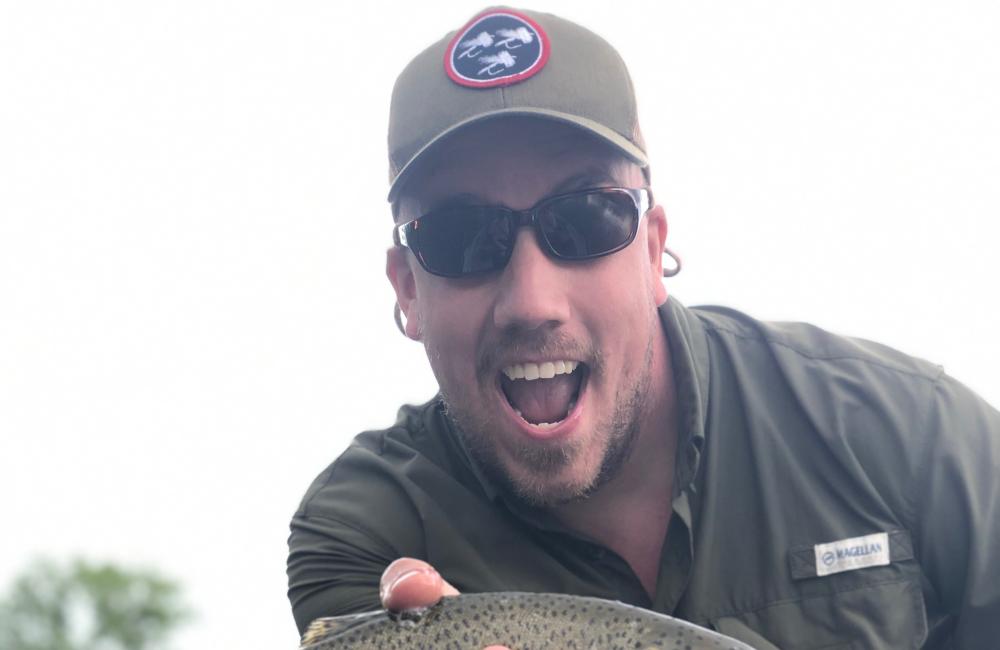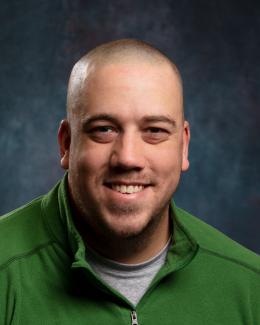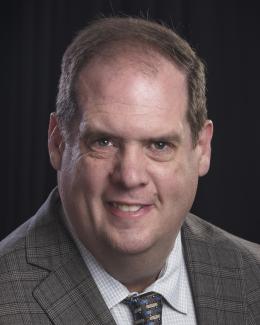Ben Mellon, IT technologist with ORNL's Fusion and Fission Energy and Science Directorate, is a volunteer with Project Healing Waters.
This summer as ORNL's Fusion and Fission Energy and Science Directorate kicked off its campaign to support local nonprofit organizations serving veterans, several staff with connections to the military shared their stories.
"Ties to the nation’s armed forces run deep at ORNL," said Kathy McCarthy, Associate Laboratory Director of Fusion and Fission Energy and Science at ORNL. "Here in FFESD, we all benefit from the experience and perspectives of our colleagues who have served."
Local nonprofit groups supported by FFESD's current campaign include Project Healing Waters, Smoky Mountain Service Dogs, and HonorAir Knoxville.
Antonio “Tony” Arnold, Senior Designer, US ITER
During my decade in the military, I did construction engineering design for the Army’s Special Operations. From there I went to the National Security Agency doing electrical design engineering, and then was a project manager for energy infrastructure projects for TVA, Alcoa, DOE, and others. When the opportunity to join US ITER came, I jumped at it. I have always been interested in new forms of power, especially self-sustaining systems.
I know from serving on a council for veterans that our support of Smoky Mountain Service Dogs will change lives. I’ve seen first-hand how a highly trained service dog with its unconditional love can help a combat veteran with PTSD make the transition back into civilian life. The service dogs also help lower the risk of suicide.
Austin Lo, Postdoctoral Researcher, Nuclear Energy Fuel Cycle Division
I knew early on that nuclear energy was the career for me. Yet after getting my master’s, I struggled to find a sense of purpose. I decided to take a risk and join the Navy, and within a few years I found myself reinvigorated. I went on to get my PhD and then specifically chose ORNL for its work on advanced reactors on all fronts; the grouping of fusion and fission under one umbrella also was enticing.
I learned from my service that it isn’t just the military’s responsibility to transition veterans out of the service; it is equally the civilian sector’s responsibility to integrate veterans back into society. When you leave the military, you feel as if you are leaving one world and entering another, and it’s not easy for anyone.
Jeremy Busby, Division Director, Nuclear Energy Fuel Cycle, and Co-Chair of ORNL Gives
In my case, my grandfather served in the Navy during World War II. He had the opportunity to visit Washington, DC, as part of an HonorAir flight, and it was a very impactful event for him.
During the past 11 years, HonorAir Knoxville has taken more than 3,700 World War II, Korean, and Vietnam veterans on an all-expenses paid trip from East Tennessee to the nation’s capital to visit the memorials built in remembrance of their sacrifices.
Ben Mellon, IT Technologist for FFESD
I’m in my 13th year of serving with the Air National Guard. For the past five years I’ve also volunteered with Project Healing Waters to give back to veterans who were asked to sacrifice more than I have been. In the military we are trained to leave no one behind and that doesn’t end when you leave your military career.
I can tell you from first-hand experiences of taking wounded veterans through Project Healing Waters that these programs change lives. In fly fishing we have found that many achieve the mental peace they seek and are in a setting that lets them talk about things they’ve buried deep inside. The proof to me is when veterans who participated come back as volunteers themselves.
Charles “Chuck” Schaich, Subcontractor, Fusion Energy Division
I served during the Vietnam era in the early 1970s. I decided to join the Air Force right out of high school so that I could pick my technical vocation. I was able to enter microwave communications (radio relay as it was called) training. Today I’m contributing to the Lab’s mission by working on MPEX and US ITER and am once again a part of a bigger mission moving technology forward in ways I could have never imagined as a teenager in high school.
I was lucky enough not to experience battlefield injuries, but I have comrades who did. By contributing to these groups, we can do our part to help those who have suffered for us on behalf of the nation.
~ Compiled by Amy Reed






